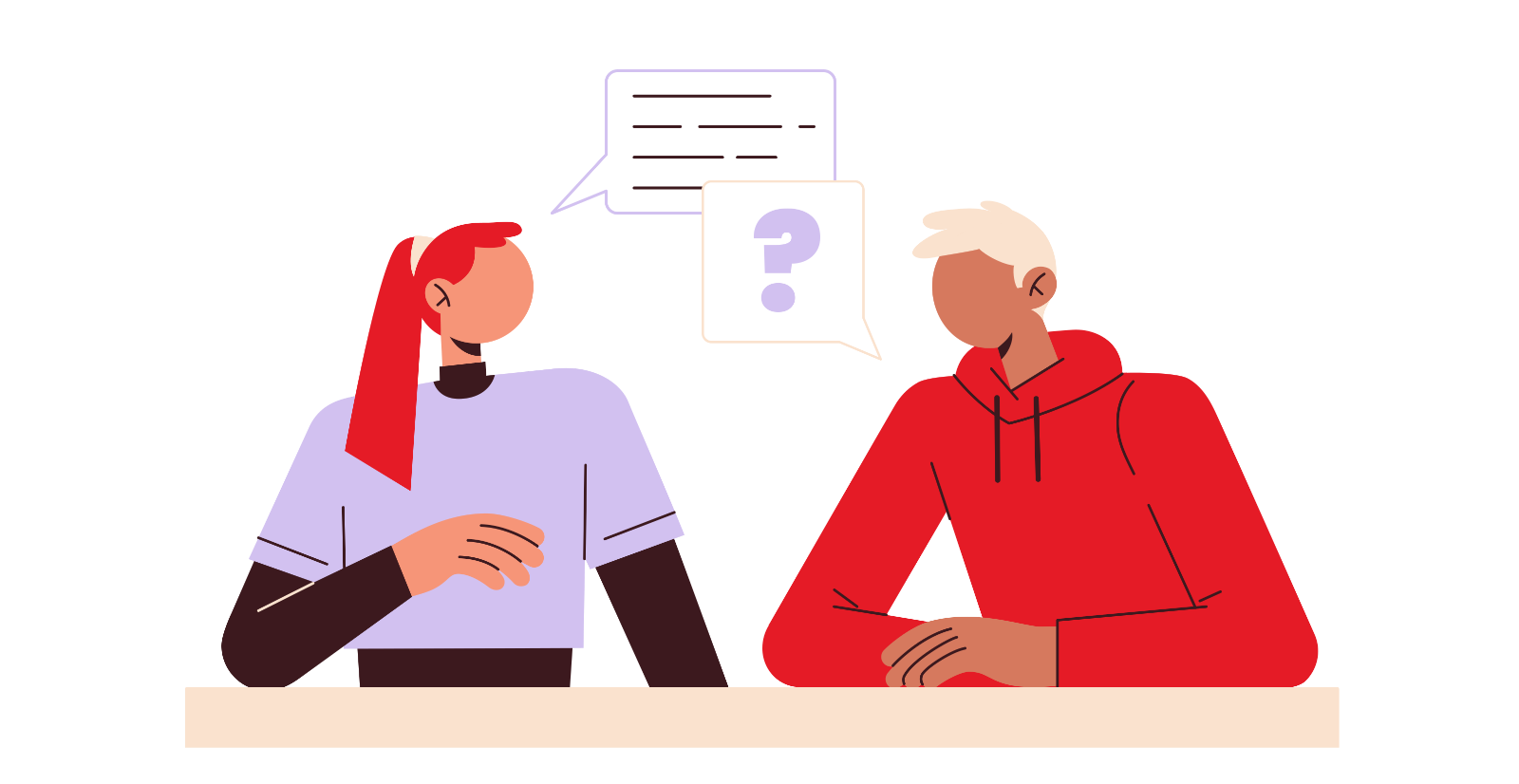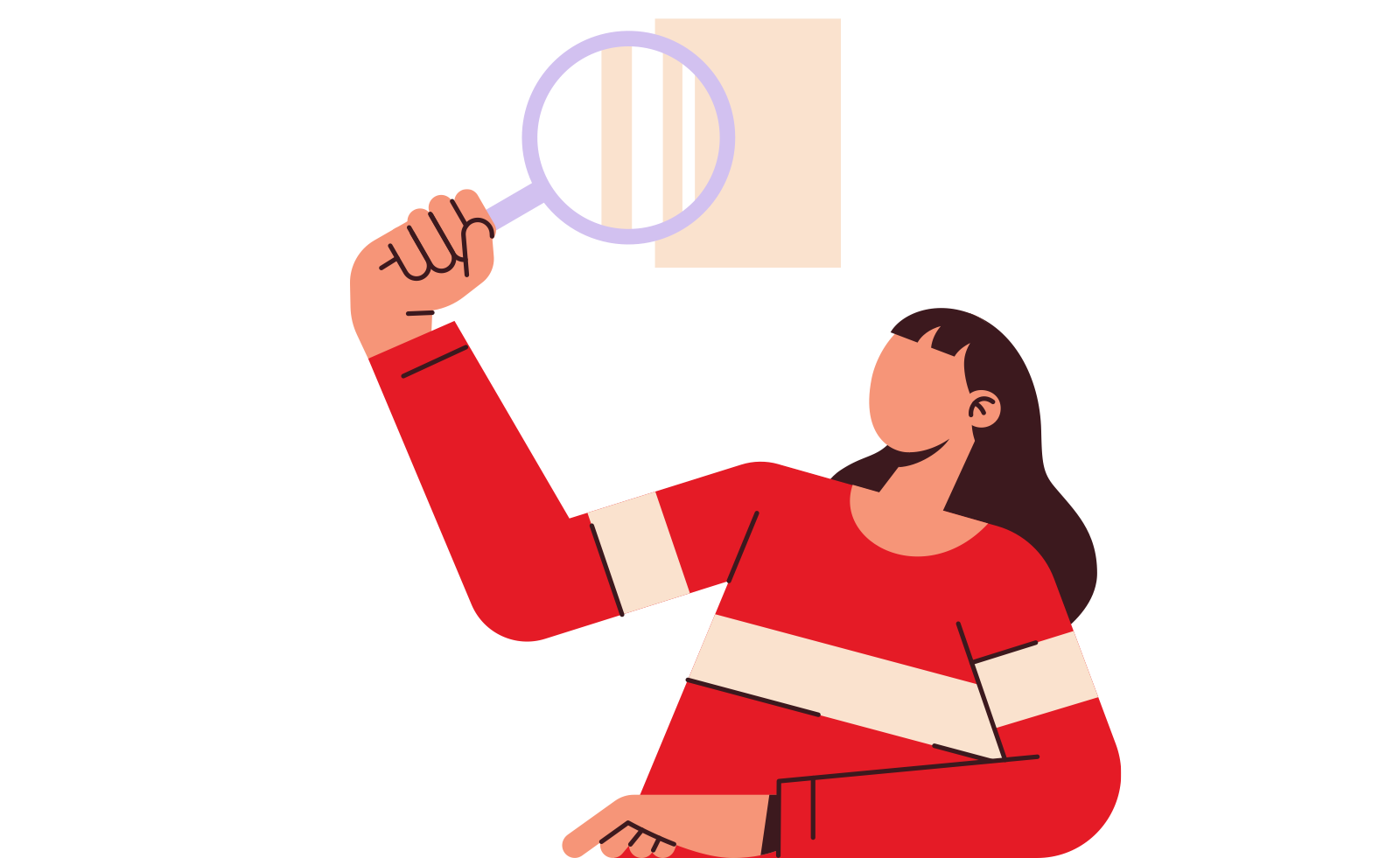Testing your results is going up have to go back to private and incognito mode, as Google points out the obvious with sites you visit often.

What is a SERP?
One of the more obvious pieces of jargon you’ll want to familiarise yourself with, a SERP is something SEOs say when they’re talking about the results page.
The term “SERP” isn’t a complicated one, but if you’re an SEO — or you talk to an SEO — there’s a good chance you’ll hear this term.
Standing for “Search Engine Results Page”, the SERP is the page where the search results appear.
Topics of conversation where SERP are mentioned typically orient around position on the page, particularly if an SEO is talking about improvements or decreases in results.
Every search is different, but one way SEO specialists determine SERP movement is to do a search for specific words in a web browser’s incognito mode. Results pages will differ on a word or phrase basis, but each SERP page should render slightly differently.
SEOs will also talk about SERP based on what’s on the page overall. While results titles and descriptions are part of what’s on the page, there are other aspects that can sit on a SERP, as well. You may find ads and paid search results on the page, Knowledge Graph data about the query on the right, or even Featured Snippet on the page designating the best of the results as decided by Google.
Google’s SERP pages can also include other information, such as images, shopping listings, news, reviews, video items, and more.


